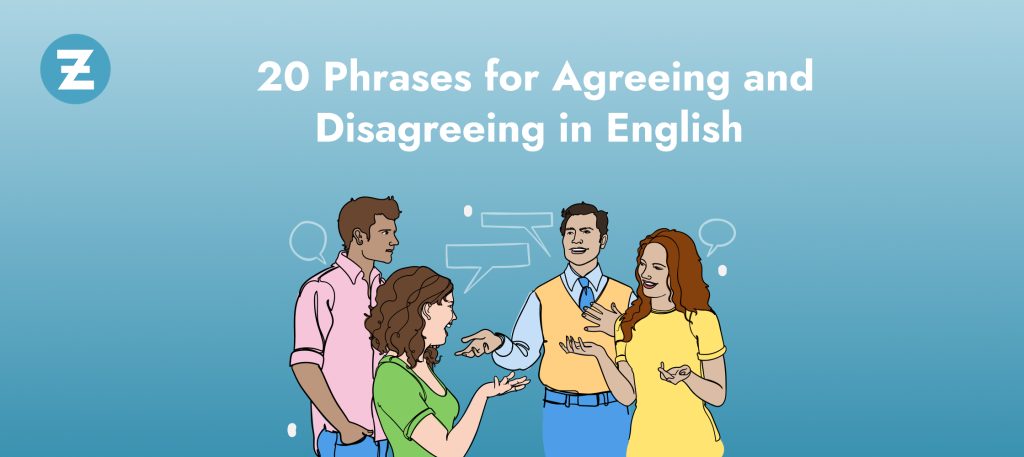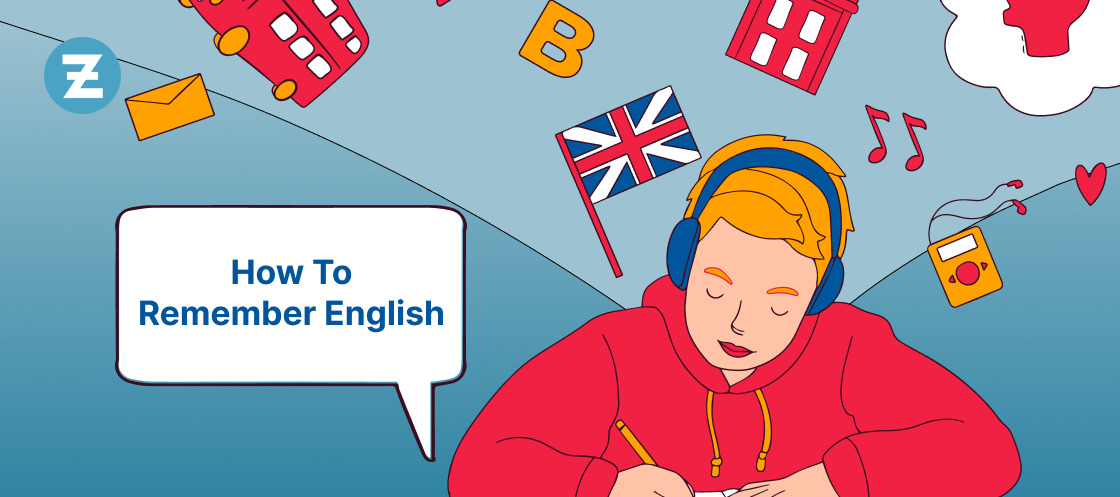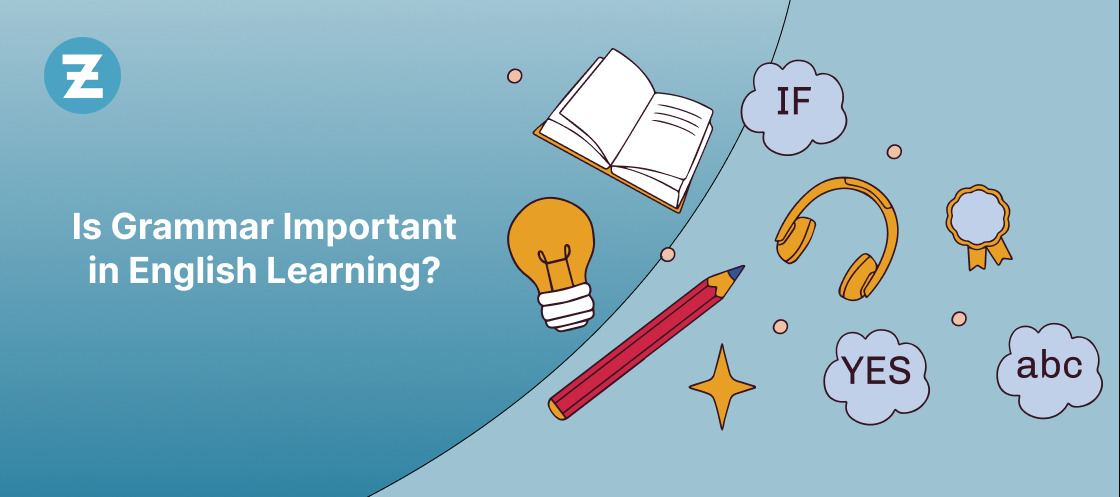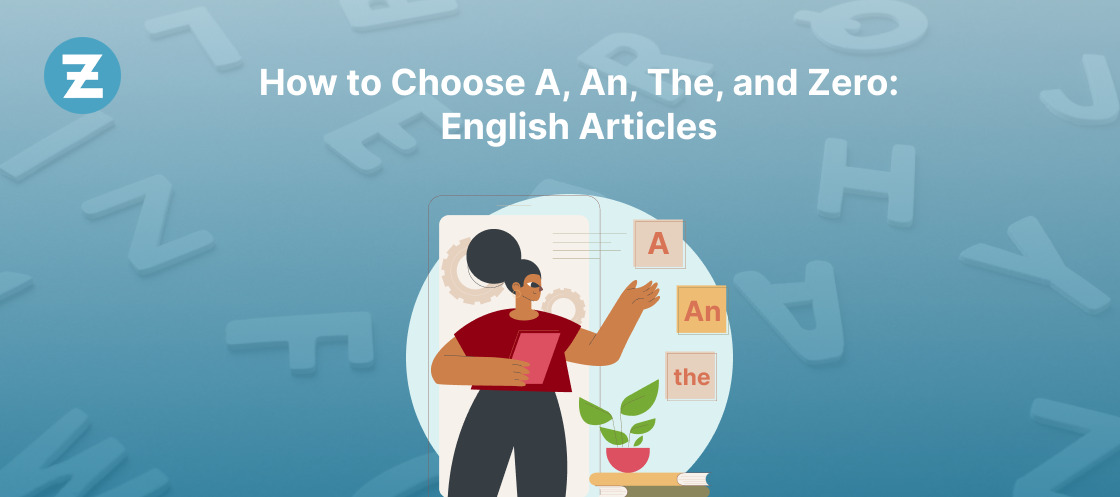Expressing your opinion is an essential skill in any language, and English is no exception. Engaging in a lively debate or simply sharing your thoughts, having a range of phrases to express agreement and disagreement can significantly enhance your communication skills.
In this blog post, we’ll explore 20 terms you can use to effectively describe your agreement or disagreement in English.
So, let’s dive in and discover some useful expressions that will help you confidently navigate conversations and discussions!
Read Also: Landscape Vocabulary Words
Agreeing in Conversation: 20 Common Phrases
-
Absolutely!
This phrase is used to strongly and enthusiastically agree with someone’s statement or opinion.
Examples:
- The movie last night was amazing!
Absolutely! I loved every moment of it.
- The new software will significantly improve our efficiency.
Absolutely! It’s going to make a big difference.
-
I agree.
This is a straightforward way to express that you share the same viewpoint as the other person.
Examples:
- Using interactive activities in class engages students better.
I agree, it keeps us more interested in the lessons.
- Vacations are the best time to relax and unwind.
I agree, it’s a great way to recharge.
-
That’s true.
This phrase acknowledges the truth or accuracy of what someone has said.
Examples:
- Practice is key to improving any skill.
That’s true, consistent practice does make a difference.
- Research shows that exercise improves mental health.
That’s true, I’ve felt more positive after regular workouts.
| Upgrade your English pronunciation and listening abilities with Zoundslike’s interactive learning platform! |
-
You’re right.
This phrase acknowledges that the other person’s perspective or statement is correct.
Examples:
- We should leave early to avoid traffic.
You’re right, leaving earlier would be a good idea.
- We should focus on user feedback for product improvements.
You’re right, that’s the best way to meet user needs.
-
I couldn’t agree more.
This expression emphasizes your strong agreement with someone’s point of view.
Examples:
- Spending time outdoors is so refreshing.
I couldn’t agree more, nature has a calming effect.
- Innovation drives progress in any industry.
I couldn’t agree more, innovation is crucial for growth.
-
Exactly.
This phrase indicates that you completely understand and concur with what the other person has said.
Examples:
- We need to prioritize customer satisfaction above all.
Exactly. Happy customers lead to business success.
- Homemade food is often healthier than fast food.
Exactly. Cooking at home lets you control the ingredients.
-
I’m on the same page.
This phrase means that you share the same opinion or understanding as the person you’re speaking to.
Examples:
- We should aim for a minimalist design approach.
I’m on the same page. A clean design will be more effective.
- Saving money for the future is important.
I’m on the same page. Planning ahead provides financial security.
-
Precisely.
This word affirms that you agree with what has been said and that it’s accurate or on point.
Examples:
- Attention to detail is crucial in this project.
Precisely. It ensures a high-quality outcome.
- Understanding the basics is the foundation of learning.
Precisely. It builds a strong knowledge base.
Read Also: 187 American Slang Words You Need to Know in 2023
-
No doubt about it.
This phrase expresses your complete agreement and certainty about a statement.
Examples:
- Hard work is the key to achieving your goals.
No doubt about it. Diligence leads to success.
- Practice is essential for skill improvement.
No doubt about it. Repetition hones our abilities.
-
I’m with you on that.
This phrase signifies that you agree and are aligned with the other person’s viewpoint.
Examples:
- Collaboration enhances creativity.
I’m with you on that. Teamwork brings diverse ideas.
- Communication is vital for resolving conflicts.
I’m with you on that. Open dialogue prevents misunderstandings.
-
I share your opinion.
This phrase indicates that you have the same opinion as the person you’re speaking to.
Examples:
- Traveling broadens one’s perspective.
I share your opinion. Experiencing different cultures is enlightening.
- Flexible work arrangements can boost productivity.
I share your opinion. It gives employees a better work-life balance.
-
You’ve got a point.
This phrase acknowledges that the other person has made a valid or convincing argument.
Examples:
- Investing in renewable energy benefits the environment.
You’ve got a point. It helps reduce carbon emissions.
- Reading regularly improves vocabulary.
You’ve got a point. Exposure to words enhances language skills.
-
I’m in complete agreement.
This expression emphasizes that you not only agree but agree fully and wholeheartedly.
Examples:
- Empathy is essential for building strong relationships.
I’m in complete agreement. It fosters understanding.
- Critical thinking skills are crucial for problem-solving.
I’m in complete agreement. They enable effective solutions.
-
I’m of the same mind.
This phrase means that your thoughts align with the other person’s thoughts or opinions.
Examples:
- Teamwork enhances creativity and innovation.
I’m of the same mind. Collaboration sparks new ideas.
- Helping others is its own reward.
I’m of the same mind. Kindness brings a sense of fulfillment.
-
That makes sense.
This phrase implies that you understand and agree with the logic or reasoning presented by the other person.
Examples:
- Breaking tasks into smaller steps increases efficiency.
That makes sense. It simplifies complex projects.
- Learning from failures is valuable for personal growth.
That makes sense. Adversity often leads to insights.
| Improve your listening and speaking skills in English with Zoundslike’s fun and easy-to-use app! |
-
I see where you’re coming from.
This phrase indicates that you understand and acknowledge the perspective or viewpoint of the other person, even if you may not fully agree.
Examples:
- I think the company should focus on expanding internationally.
I see where you’re coming from. Global markets do offer opportunities.
- We should prioritize cost-cutting measures.
I see where you’re coming from. Reducing expenses can be beneficial.
-
I’m inclined to agree.
This phrase suggests that you are leaning towards agreement but may still have some reservations or need further information.
Examples:
- Implementing the new software will boost productivity.
I’m inclined to agree, but I’d like to review the features first.
- Spending quality time with loved ones is essential.
I’m inclined to agree, but sometimes work commitments can be demanding.
-
Without a doubt.
This phrase asserts unwavering agreement and certainty about the topic being discussed.
Examples:
- Leadership requires effective communication skills.
Without a doubt. Clear communication fosters trust.
- Regular exercise contributes to overall well-being.
Without a doubt. Physical activity positively impacts health.
-
You’ve hit the nail on the head.
This idiom indicates that the other person’s statement or explanation is accurate and precise.
Examples:
- Attention to detail is crucial in design.
You’ve hit the nail on the head. Small details matter.
- Balancing work and personal life is a challenge.
You’ve hit the nail on the head. It’s not always easy to manage both.
-
It’s hard to argue with that.
This phrase conveys that the statement made by the other person is difficult to dispute due to its validity.
Examples:
- Education empowers individuals and fosters social progress.
It’s hard to argue with that. Education is transformative.
- Timely responses to customer inquiries enhance satisfaction.
It’s hard to argue with that. Quick responses show commitment.
Disagreeing in Conversation: 20 Common Phrases
-
I’m not so sure about that.
This phrase suggests that you have doubts or uncertainties about the statement or viewpoint presented by the other person.
Examples:
- The best way to succeed is by taking risks.
I’m not so sure about that. Risks can also lead to failure.
- Remote work is always more productive than working in the office.
I’m not so sure about that. Productivity can vary based on circumstances.
Read Also: English Phrases To Express Your Feelings
-
I disagree.
This straightforward phrase indicates that you have a differing opinion from the person you’re conversing with.
Examples:
- Social media is the primary source of news for most people.
I disagree. Traditional news outlets still play a significant role.
- Early risers are more productive than night owls.
I disagree. Productivity can depend on individual preferences.
-
I see things differently.
This phrase signals that you have an alternate perspective or viewpoint on the matter being discussed.
Examples:
- Traveling is the best way to gain life experiences.
I see things differently. Life experiences can come from various sources.
- Aggressive negotiation tactics yield the best deals.
I see things differently. Collaborative approaches can be more effective.
-
That’s not how I see it.
This phrase emphasizes that your personal perspective differs from what has been presented.
Examples:
- Group projects are always more efficient than individual tasks.
That’s not how I see it. Individual work can have its advantages.
- Strict deadlines are necessary to maintain team efficiency.
That’s not how I see it. Flexible timelines can reduce stress.
-
I respectfully disagree.
This phrase expresses disagreement in a polite and considerate manner, showing that you value the other person’s opinion while maintaining your own stance.
Examples:
- Spending money on experiences is better than material possessions.
I respectfully disagree. Different people find value in different things.
- Automation will replace most jobs in the future.
I respectfully disagree. Automation can also create new job opportunities.
-
I beg to differ.
This phrase is a formal way to express strong disagreement with someone’s statement or viewpoint.
Examples:
- The latest marketing strategy will guarantee increased sales.
I beg to differ. There are uncertainties in predicting outcomes.
- Movies are a waste of time; reading is much more valuable.
I beg to differ. Both forms of entertainment have their merits.
-
I have a different opinion.
This phrase straightforwardly states that your viewpoint contrasts with the one presented by the other person.
Examples:
- Government should control all healthcare services.
I have a different opinion. A balance of public and private systems can be effective.
- Strict parenting is the only way to raise disciplined children.
I have a different opinion. Flexibility can also nurture responsibility.
| Improve your English language proficiency with Zoundslike’s fun and interactive learning platform. |
-
I’m afraid I can’t agree with you on that.
This phrase communicates that, despite respecting the other person’s viewpoint, you still disagree.
Examples:
- Using shortcuts in problem-solving is always counterproductive.
I’m afraid I can’t agree with you on that. Sometimes shortcuts save time.
- Meeting tight deadlines is crucial, even if it sacrifices quality.
I’m afraid I can’t agree with you on that. Quality shouldn’t be compromised.
-
I’m not convinced.
This phrase conveys that you remain unconvinced by the argument or statement presented.
Examples:
- Eating a specific diet guarantees weight loss.
I’m not convinced. Weight loss depends on various factors.
- Buying brand-name products is always worth the higher cost.
I’m not convinced. Generic products can offer similar quality.
-
I’m of a different mind.
This phrase indicates that your viewpoint diverges from the perspective shared by the other person.
Examples:
- Aggressive negotiation is the only way to secure a favorable deal.
I’m of a different mind. Cooperative approaches can also work.
- Taking risks is the only way to achieve success
I’m of a different mind. Caution can also lead to prudent decisions.
-
I’m inclined to disagree.
This phrase indicates that you’re leaning toward disagreement, though it’s not a definitive rejection of the other person’s viewpoint.
Examples:
- Implementing the new software will solve all our problems.
I’m inclined to disagree. It might solve some, but not all.
- Early morning is the best time for productivity.
I’m inclined to disagree. I find late evenings more productive.
-
I have my reservations.
This phrase implies that you have concerns or doubts about the statement or idea being discussed.
Examples:
- Outsourcing our customer support will save costs.
I have my reservations. Quality might suffer.
- Adopting the new marketing strategy will guarantee success.
I have my reservations. External factors play a role too.
-
I’m not on board with that idea.
This phrase conveys that you do not support or agree with the idea being presented.
Examples:
- We should entirely rebrand our product for a fresh image.
I’m not on board with that idea. It might confuse existing customers.
- Homework assignments should be abolished.
I’m not on board with that idea. Homework has its educational value.
-
I can’t go along with that.
This phrase communicates your disagreement and inability to support the idea or plan.
Examples:
- Let’s reduce employee benefits to cut costs.
I can’t go along with that. Benefits are crucial for staff morale.
- Canceling plans last minute is okay if something better comes up.
I can’t go along with that. It’s important to value commitments.
Read Also: English Words with Multiple Meanings
-
That doesn’t quite match my perspective.
This phrase politely conveys that the presented perspective doesn’t align with your own.
Examples:
- The best approach is to always be the most outgoing person in the room.
That doesn’t quite match my perspective. Introverts have strengths too.
- You should always aim for the highest-paying job.
That doesn’t quite match my perspective. Job satisfaction matters too.
-
I don’t buy into that argument.
This phrase communicates that you find the argument unconvincing or implausible.
Examples:
- We should completely overhaul our project management process.
I don’t buy into that argument. Incremental changes might work better.
- Luck is the only factor in determining success.
I don’t buy into that argument. Hard work and skills play a role too.
-
I think we’ll have to disagree on this one.
This phrase acknowledges that there is a fundamental difference of opinion between you and the other person.
Examples:
- Government should control all aspects of healthcare.
I think we’ll have to disagree on this one. I believe in a mixed approach.
- Technology is detrimental to personal relationships.
I think we’ll have to disagree on this one. Technology can enhance connections too.
-
I’m not entirely convinced.
This phrase indicates that while you may have some doubts, you’re not fully persuaded by the argument.
Examples:
- Working long hours is the only path to career success.
I’m not entirely convinced. Work-life balance is crucial too.
- Learning a single programming language is enough for any job.
I’m not entirely convinced. Diverse skills can be beneficial.
-
I don’t see eye to eye with you.
This phrase expresses that your opinions or perspectives are not aligned with the other person’s.
Examples:
- Formal education is the only way to gain knowledge.
I don’t see eye to eye with you. Informal learning also matters.
- Strict hierarchy is the best management style.
I don’t see eye to eye with you. Collaborative leadership has benefits.
-
That doesn’t make sense to me.
This phrase signifies that you find the argument or idea confusing or illogical.
Examples:
- Cutting costs by eliminating employee training is beneficial.
That doesn’t make sense to me. Training improves skills.
- Avoiding all risks is the key to a successful life.
That doesn’t make sense to me. Some risks can lead to growth.
| Improve your English language proficiency with Zoundslike’s fun and interactive learning platform. |
Conclusion
Having a variety of phrases to express agreement and disagreement in English can greatly enhance communication skills. These phrases allow for more nuanced and respectful conversations, whether it’s agreeing with someone’s opinion, expressing partial agreement, or politely disagreeing.
By utilizing these phrases effectively, individuals can engage in constructive dialogue, promote understanding, and foster meaningful connections.
Remember to choose your words wisely and use these phrases to express your thoughts and opinions in a clear and respectful manner.
And if you’re looking to further improve your vocabulary, consider trying Zoundslike, an excellent language-learning app that can help you speak like a native with ease and confidence.








